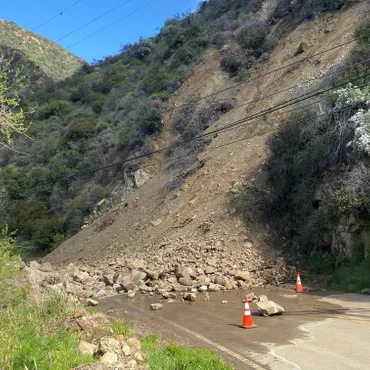KCRW
Featured Shows
Popular

Today’s Top Tune: Beth Gibbons - ‘Floating On A Moment’
Best New MusicA signature of Beth Gibbons' voice is that you recognize the artist immediately, ingrained in our hearts and minds as the sound of Portishead.

KCRW Broadcast 785
MusicFanatic! Our show for tonight is obviously conceptual as the briefest scans of our list of tracks informs.

MBE playlist April 23: Coachella highlights and St. Vincent’s ‘Big Time Nothing’
Best New MusicNovena and producer Anna Chang have returned from the desert and they’re telling all… Plus, St. Vincent’s new single “Big Time Nothing.”

Morning Becomes Eclectic playlist: Apr. 22, 2024
Best New MusicChris Douridas guest hosts Morning Becomes Eclectic.
Politics





























